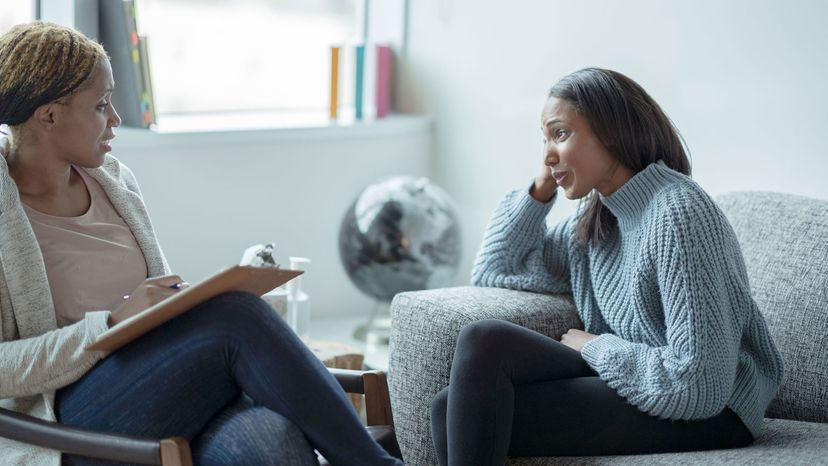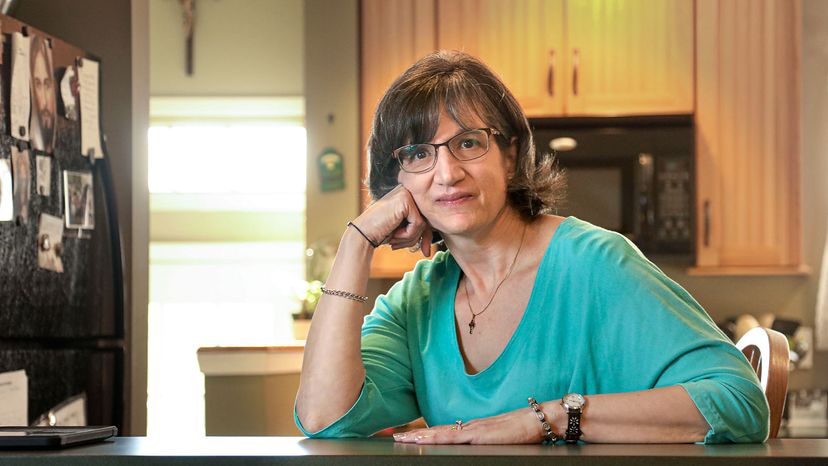
Taka W. (who asked that we withhold her last name) of Sandy Springs, Georgia, has seen a number of therapists since her sister died more than two decades ago, but only in 2017 did she finally connect with one who was able to help her start the healing process from childhood traumas, the loss of her parents and sister and a painful divorce. "She practically saved my life," she says, adding that she and her counselor enjoy a "wonderful relationship." Taka's one of millions of people around the world who turn to therapy to heal the wounds of the past, find better ways to cope and hopefully set a better tone for future generations.
The Covid-19 pandemic greatly increased the demand for therapy. Many Americans tried it for the first time during the last two or three years. The Centers for Disease Control and Prevention reported that 21.6 percent of adults in the U.S. sought and received some type of mental health services in 2021, compared with 19.2 percent in 2019. A 2021 survey by the American Psychological Association said psychologists reported "a large increase in demand for treatment of anxiety and depression compared with last year," according to a press release.
Advertisement
If you're new to therapy, you might be wondering how you find a good therapist. Looking at a list from your insurance provider may seem impersonal. And you might be uncomfortable asking for recommendations from friends. Even if you do find a psychologist, a poor match can lead to stilted, ineffective sessions that don't develop into a productive relationship.
"The best therapist for you is someone who fits your personality and who's able to understand and help you with the particular issues you want to work on," says Boston-based psychotherapist Angela Ficken. "You don't always find 'the one' on the first date. Not every therapist out there is going to be 'the one,' either."
Doing a bit of prep work on the front end can lead to a better pairing. Natalia T. (who asked that we withhold her last name) of San Diego, California, has seen a few therapists over the years, some of whom have worked out, and some that haven't. "I would recommend that everyone does a little reflection before they look for a therapist to identify what issues are bringing them to seek therapy," she says. "This reflection can help ground your search."
Fortunately, the mental health industry has caught onto the truth that patient/provider matchmaking is no easy feat, and so the process has evolved. Here are some effective ways to find a good therapist, from people who really know.
Advertisement

